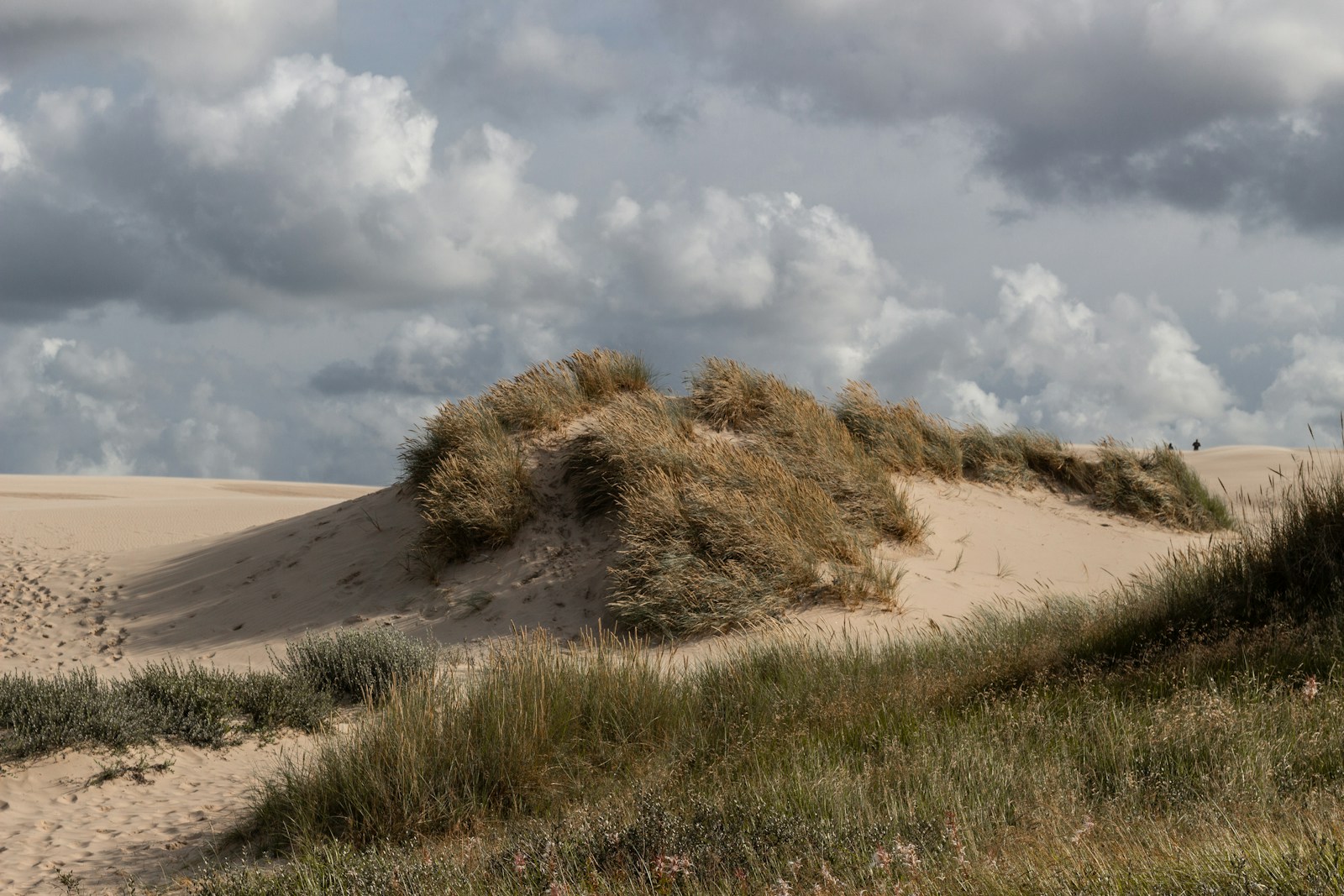A metropolis-sized seagrass meadow believed to have spread from a single seed has been found off the Australian coast, reiterating how little we still know about species on Earth and the importance of protecting wildlife.
Scientists studying marine life off the coast of Western Australia have found what is believed to be the largest plant on the planet – a vast ribbon weed, roughly three-times the size of New York’s Manhattan island, which genetic testing has identified as a single organism.
Stretching 77 square miles, researchers at the University of Western Australia made the discovery by accident when undertaking work at Shark Bay, around 500miles from Perth. Initially aiming to understand the diversity of the species, close analysis of shoots from across the bay and the analysis of 18,000 genetic markers allowed the creation of a ‘fingerprint’ from each sample, at which point it became clear the huge meadow was actually an individual plant. Estimates suggest it will have taken around 4,500 years to grow to its current size.
‘Polyploid plants often reside in places with extreme environmental conditions, are often sterile, but can continue to grow if left undisturbed, and this giant seagrass has done just that,’ Elizabeth Sinclair, a senior research fellow at the University of Western Australia and a lead author of the study, said in a statement. ‘Even without successful flowering and seed production, it appears to be really resilient, experiencing a wide range of temperatures and salinities plus extreme high light conditions, which together would typically be highly stressful for most plants.’
The discovery further emphasises how much experts still have to learn about our environment. Earlier this year, a major new research project revealed there are around 14% more species of trees on Earth that previously thought, 9,000 of which have yet to be discovered.
In March, researchers made a major breakthrough in understanding how seagrass ecosystems function, which can absorb large amounts of carbon dioxide while functioning normally but release their massive methane stocks during and after die-off caused by rising temperatures. Seagrass meadows in the Mediterranean were recently found absorb UV filters from sunscreens which have leaked off the bodies of sunbathers and swimmers into the sea, damaging their ability to photosynthesise.
Image credit: Benjamin L. Jones

















